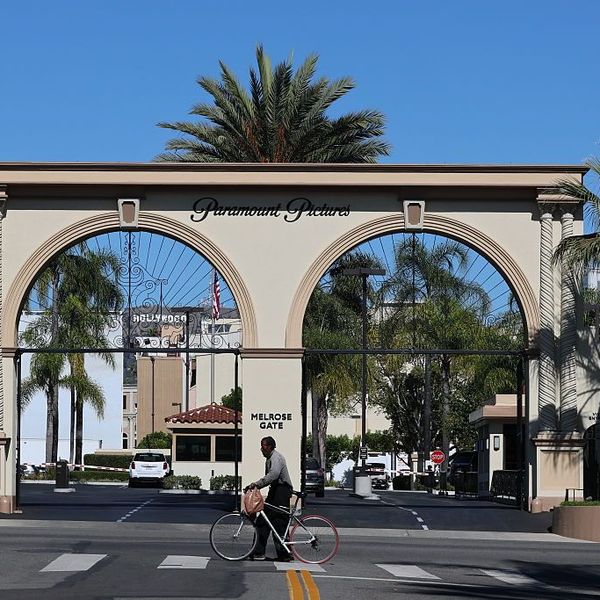The Supreme Court will soon be ruling on the question of whether union contracts can legally include provisions where employees waive the right to join in class-action lawsuits. While unions and the NLRB argue that this provision violates an employee's inherent right to "collective action," management argues that all disputes should be settled individually, by way of binding arbitration, a method that has proven quicker and less expensive.
This reached the Supreme Court as a result of the lower courts being split on the issue. And with the Supreme Court being composed of five, pro-business, anti-labor conservatives (Justices Thomas, Roberts, Alito, Gorsuch and Kennedy), two pro-labor lefties (Kagan and Sotomayor), and two middle-of- the road liberals (Ginsburg and Breyer), the smart money is on the Court ruling against the NLRB. One more nail in labor's coffin.
Consider an actual case I was familiar with, one that occurred in the early 1990s, at an industrial plant in Northern California. The union contract required all workers to receive a 30-minute meal period by the end of the fifth hour of work. So, for example, if you start work at 7:30 AM, you needed to be relieved by noon, in order to squeeze in your 30-minute lunch by 12:30 PM (which marked the end of the fifth hour).
Generally speaking, no one was going to complain if they didn't get sent out exactly on time, or if they were asked to take only 20 minutes. That was partly because there were occasions when the operation was running so poorly, "all hands on deck" were required, and partly because there were always those "heroic" workers on the factory floor who, for whatever reason, made a showy display of "not needing" a break.
In any event, the company began allowing the "exception to the rule" to become a fixed rule. Which is to say, they began regularly cutting into people's lunch breaks--sometimes reducing it to 20 minutes, sometimes "accidentally" forgetting about it altogether. Granted, had the hourly workers (or their union) raised hell from the outset, this practice would have been nipped in the bud. But no one wanted to be seen as a whiner. So it persisted. Finally, following a big change in management personnel and an even bigger change in disciplinary policy, the hourly workers rebelled. Not only did they insist on getting exactly what they were entitled to under the contract, they wanted to be reimbursed for all the break-time they were cheated out it.
After being threatened with a class-action lawsuit, the company agreed to compensate those employees affected. As I recall there were roughly 20 employees involved, and the entire compensation package was less than $40,000.
But if the Supreme Court rules against the NLRB, and workers are not permitted to file class-action lawsuits, it is going to place what amounts to an unrealistically heavy burden on the arbitration process. For one thing, an arbitrator is not required to treat all 20 employees as one "class." An arbitrator (at the urging of the company) may decide to treat each case individually, which, with 20 people, will take the union years and years to arbitrate, not to mention the thousands of dollars in costs to conduct a single hearing. Now imagine an arbitration dispute involving not only 20 people, but an entire factory population of 200 people, which would be well within reason for any grievance involving an issue like factory-wide health insurance.
Once again, what we are seeing is Corporate America continuing to chip away at workers' rights. And with organized labor at low ebb, and congressional Democrats as gutless and hypocritical as they are, we shouldn't expect the assault to end anytime soon.


